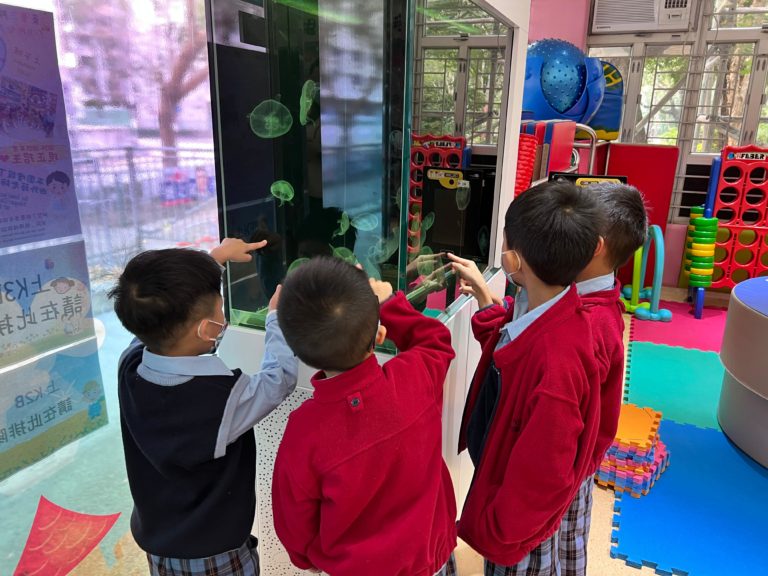Parenting Tips
How to cultivate a child's manners? Respect and attention are essential

Written by: Education expert, Principal Cheung Wai jing
At a talent recruitment event for a large multinational company, both Siu Cheung and Siu Choi successfully passed the initial and follow-up interviews. They stood out from over 100 competitors. Whether it was written tests or communication skills, both were equally impressive, leaving the human resources department’s evaluators in a dilemma, as the company would only hire one person.
In the end, the company manager decided to personally interview both candidates. Surprisingly, after just a few minutes, the manager chose to hire Siu Cheung. When asked for the reason, the manager candidly stated, “The reason is simple. When I was speaking to them, Siu Cheung maintained eye contact with me the whole time, while Siu Choi was looking around, indicating that he wasn’t good at actively listening to others. Being adept at listening and respecting clients is a crucial requirement for a sales supervisor.”
Expressing Sincerity and Respect through Eye Contact
This example illustrates a straightforward lesson: eyes are the windows to the soul, and people use their gaze to convey a range of emotions such as respect, attention, disdain, and indifference. Therefore, maintaining consistent eye contact during conversations signifies your sincerity. Moreover, those who can attentively focus on others’ words without shifting their gaze will naturally earn gratitude and respect from others.
Schools often organize activities centered around the theme of “politeness” to encourage students to be courteous to others. “Others” includes not only family members, elders, teachers, and fellow students but also unfamiliar people. Children should learn early on about polite phrases like “good morning” and “thank you,” but many still don’t proactively greet others, let alone observe other daily life etiquette. Schools focus on teaching students how to behave politely when interacting with teachers and peers in the school setting; the rest relies on family education.

The example of “job hunting” mentioned above might not be applicable to elementary school students for the time being, but they also frequently have opportunities for interviews. If they want to leave a good impression on others, children must learn to use their eyes to show their attention and respect when conversing with others. Therefore, parents need to teach children the skills and art of listening. Of course, when parents listen to their children, they should also give them appropriate respect and attention. This way, children will learn that politeness in interpersonal interactions knows no age or status boundaries. Here are three listening tips:
- When listening to someone, avoid looking around and instead focus on the person’s eyes.
- When you understand or share the same sentiment, use your eyes to communicate and show agreement.
- Gazing at someone doesn’t mean staring fixedly at them; doing so can actually come across as impolite.
In literature, characters are often described as having “eyes that speak.” In reality, everyone has eyes like that; as long as we utilize them well, they can be more persuasive than the words we speak.





























